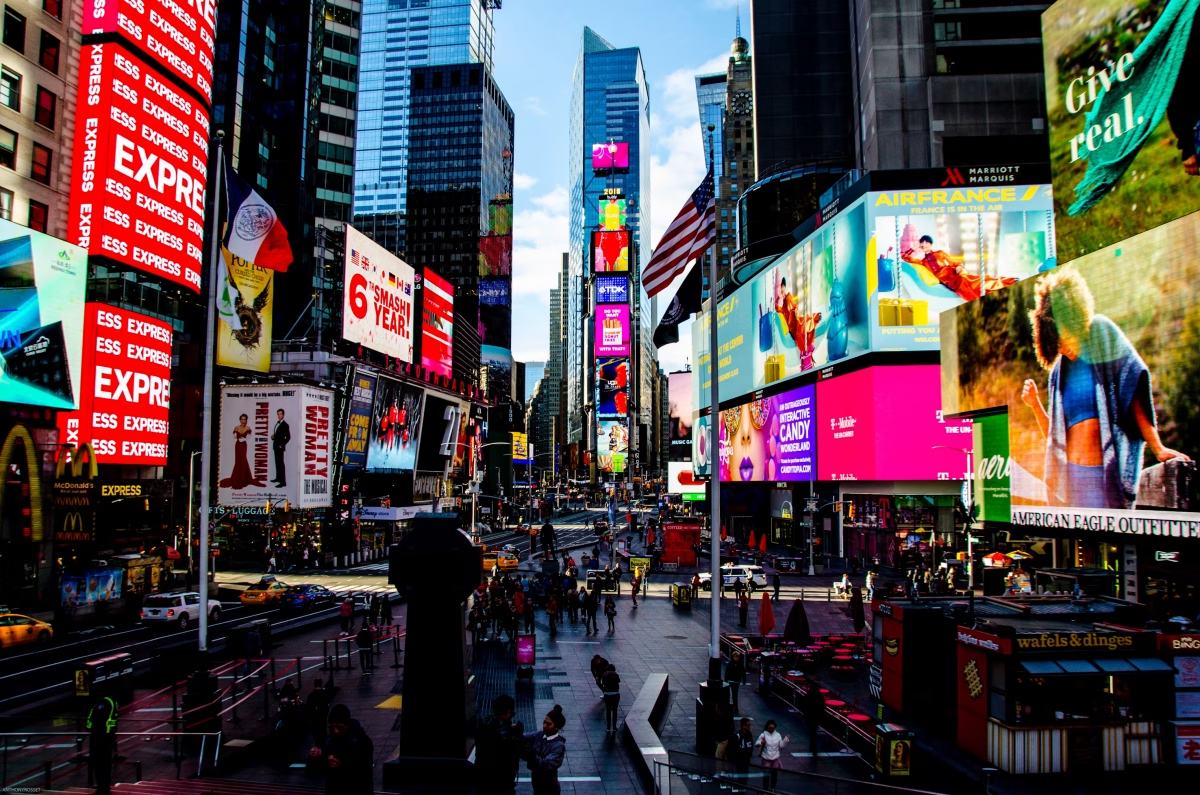The issue of political influence based on what students are learning in the classroom goes beyond a mere academic aspect, as it intersects with broader discussions on the role of education in shaping societal values and fostering critical thinking.
Teachers in general have significant influence over their students, shaping not only their academic knowledge but also their perspectives on societal issues. Teachers are often also individually influenced by politics in their workplace. According to a survey conducted by research organization Rand in 2022, 48% of principals and 40% of teachers feel that politics impact their job, revealing the nature of political influence within educational settings.
The ethical considerations surrounding teachers’ involvement in shaping students’ political identities are complicated. On one hand, educators have a responsibility to nurture critical thinking skills and expose students to diverse perspectives regarding prominent issues or controversial topics. However, they must also recognize the potential for bias and indoctrination when expressing their own political beliefs.
Cupertino High School, located near many big tech companies and in a culturally diverse region, reflects the broader societal discussions on politics and education. Here, educators and students must consider the complexities of political discourse within the classroom, trying to avoid politicization and maintain neutrality.
However, where liberal ideologies often prevail in the Bay Area, educators face an additional layer of complexity. Despite striving for neutrality in the classroom, most teachers often lean towards one side of the political or ideological spectrum in their personal lives. Although most teachers do not explicitly reveal their political identities, the atmosphere within school — such as posters of movements more commonly supported by left-leaning community members and tutorial advisory classes focused intensely on diversity, a value that those with liberal ideals tend to emphasize more — indicates the school’s general ideological affiliation.
It is not surprising, considering the fact that all nine counties in the Bay Area are in favor of the Democrats over a voting registration, and California as a state has a legislature of the significant Democratic majority and stronger support for Democratic candidates in the presidential elections, according to California Secretary of State. As influential figures in students’ lives, teachers should strive to honor diverse perspectives by respecting their own and others’ personal beliefs, but separating the importance of these beliefs from their professional responsibilities.










